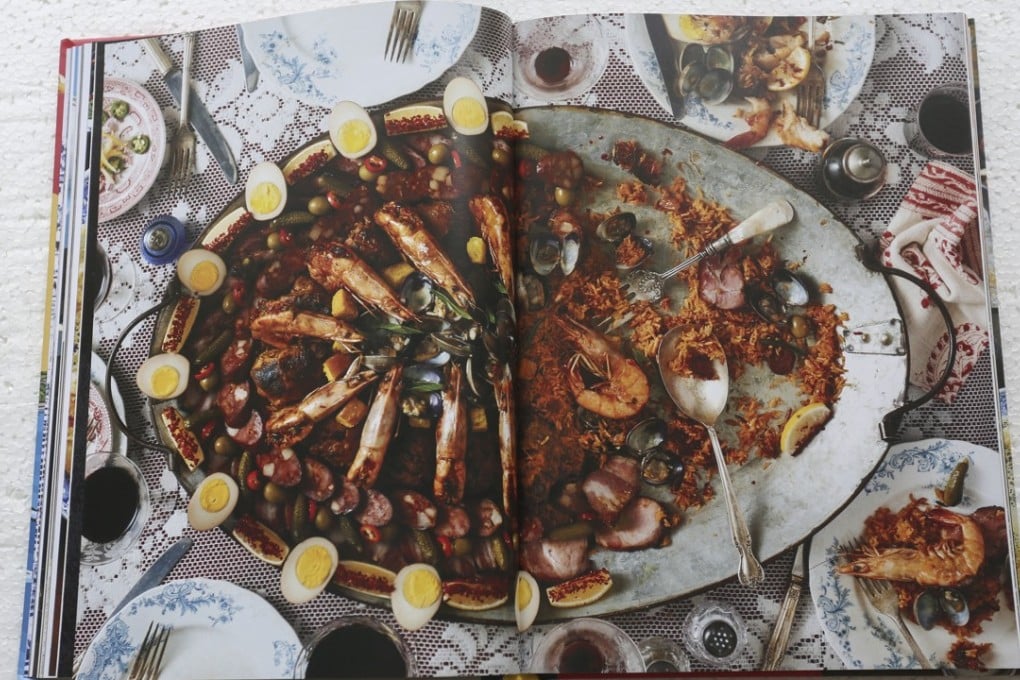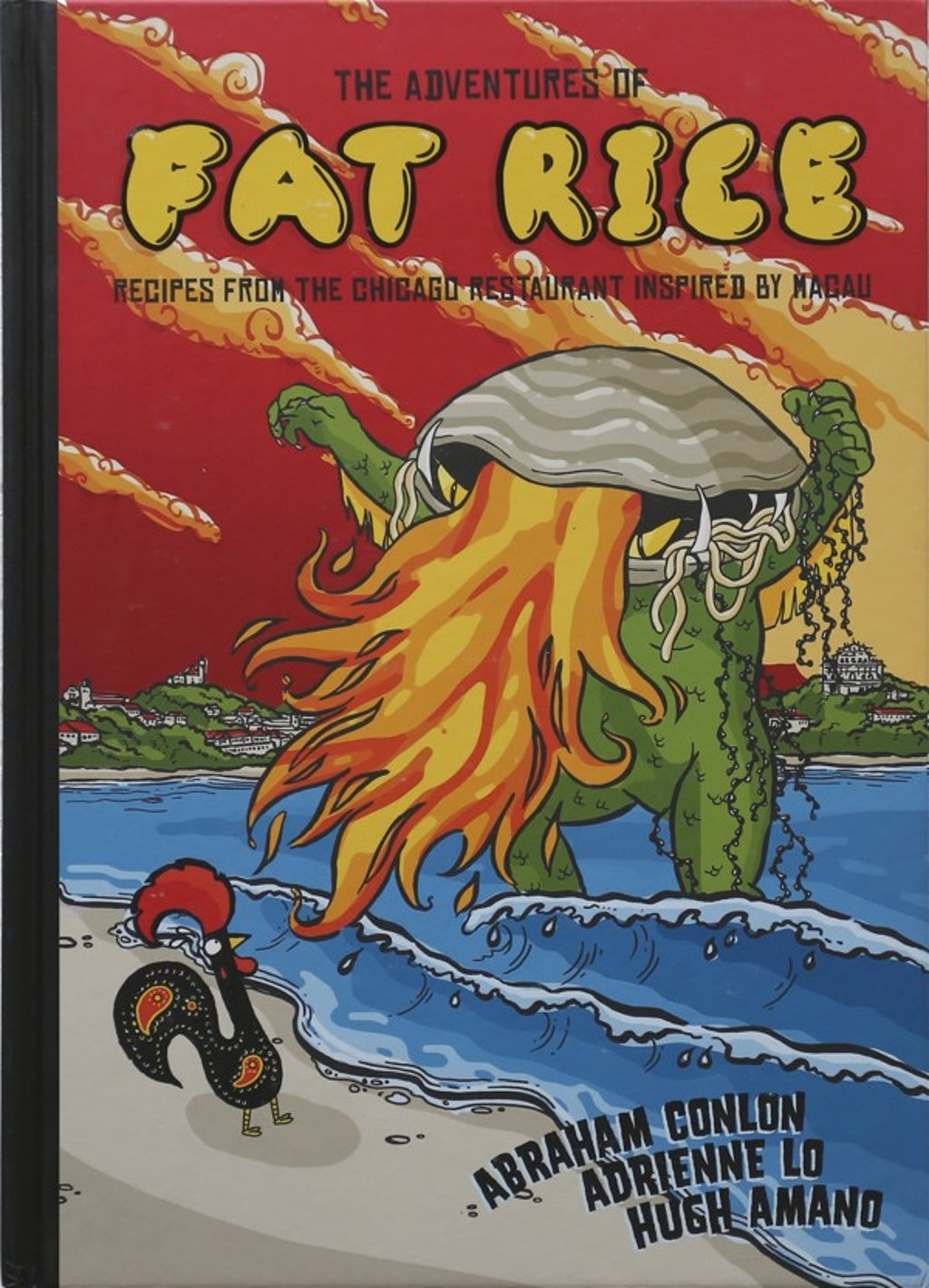Fat Rice cookbook, Macanese cuisine as envisioned by three Chicago natives
The trio were drawn by the former Portuguese enclave’s hearty, rustic, shareable dishes with intriguing Asian and Indian elements

I spent more time than I care to admit searching for clues about who wrote the introduction to this cookbook. I assumed it was the names printed on the cover, but the introduction wasn’t signed, and the person (or persons) who wrote it was (or were) using the third person, and referred to each of the authors by name in one paragraph: how “Hugh [Amano] was freaking out”, “Abe [Abraham Conlon] was bringing in wok burners” and “Adrienne [Lo] was trying to rein in obscene spending required just to get a new restaurant off the ground”. But then comes: “What were we thinking?”

The three tentatively explored Macanese cuisine even before they tasted it, cooking some of the dishes at their “illegally operated, disguised-as-an-antique-store speakeasy restaurant” in Chicago. “But”, as they admit, “we knew we just had to get to Macau one day, to taste these dishes in their birthplace”.
On a trip to Asia in 2011, they had only 36 hours to explore the former Portuguese colony. “Nothing could have prepared us for its eerie, fantastical melange of cultures: towering, shiny casinos alongside drab, ageing colonial architecture; fair-skinned Asians speaking Portuguese while eating brothy noodles with chopsticks, as well as mainland Chinese tourists eating baked spaghetti dishes with forks; olive oil-rich bacalhau (Portuguese salt cod) on the same menu as steamed fish with ginger and scallion; the scent of curry and soy sauce mingling with that of freshly baked bread and strong coffee.”
Unsated after eating Portuguese egg tarts, pork chop buns, grilled sardines and suckling pig, they set off in search of a restaurant they’d read about in a Lonely Planet guidebook. They found Riquexo Cafe, presided over by Dona Aida de Jesus, and tried “many new things that we didn’t see on the tourist food streets of Taipa [...] This was hearty and subtle, nourishing and natural.” So intrigued were they by Macanese cuisine, that de Jesus presented them with a book, Macanese Cooking: A Journey Across Generations (2004), by Cecilia Jorge.
